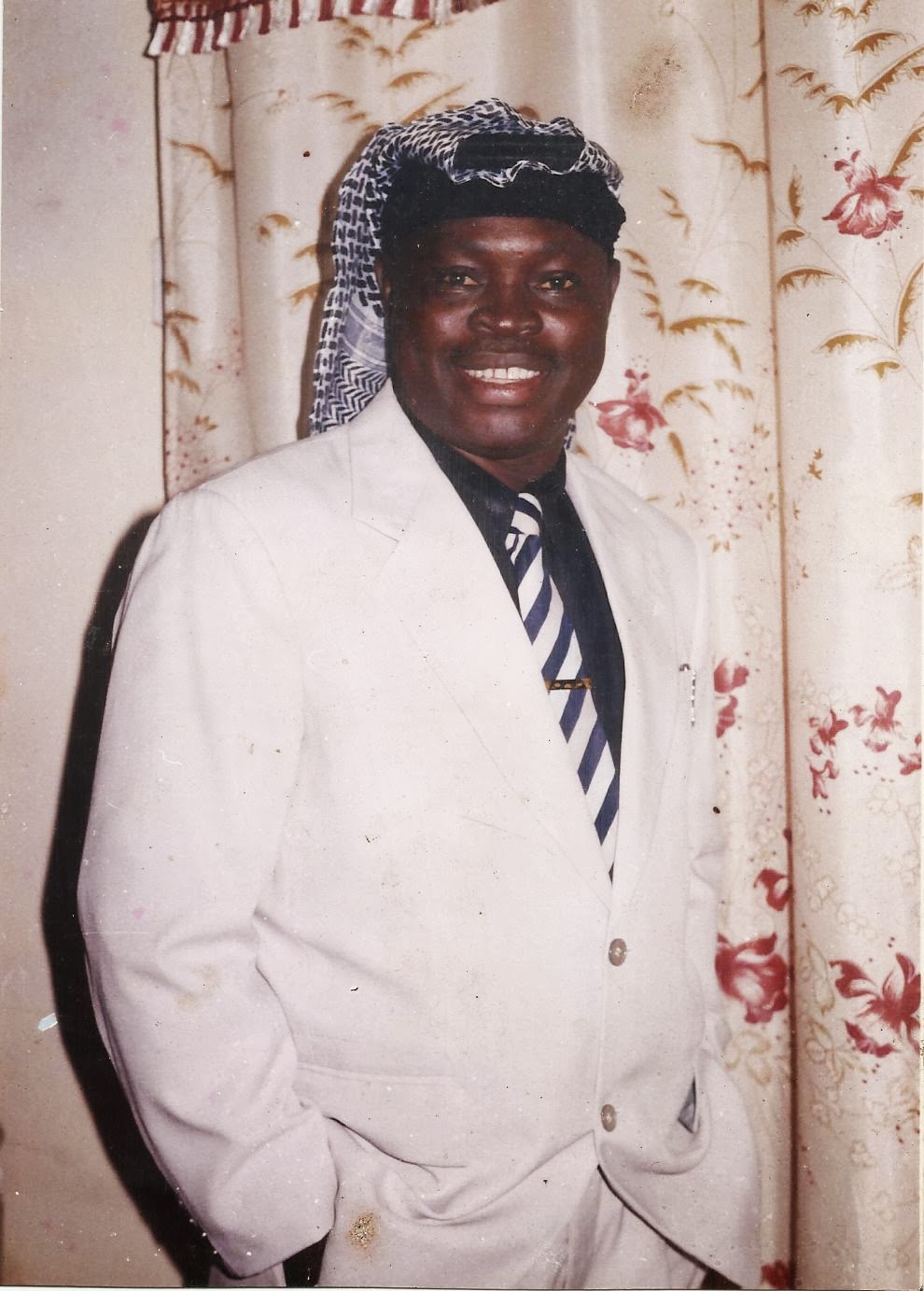| For Friday, 14th June, 2013 MUSLIMS AND THE LAGOS CREMATION LAW The signing into law of this cremation bill signifies a yawning communication gap between the government of Lagos State and its citizens. Both Christians and Muslims were united in their opposition to the bill yet government went ahead to sign it into law. Well, judging from the attitude of government to the hijab imbroglio, I think the Lagos State Government will apply the law with maturity and caution. In spite of all said and done, I have seen that Fashola's government listens. The retraction of certain inflammatory statements made by a high-ranking government official on the hijab saga is very commendable. The governor himself later clarified the issue. Lagos is the most progressive state in this country. Its only rival is the State of Oshun. I think we should give Fashola the chance to prove himself. He should not be judged by isolated cases. The cremation law in particular does not target any group, ethnic or religious. I think government has genuine fears. In any case, there is a way to 'beat' or 'circumvent' this law since it only affects corpses left unclaimed and notice must be given before cremation. What Lagos citizens must do to avoid the wrath of this law is to behave responsibly by ensuring that they claim their corpses early enough and by searching for missing family members and friends everywhere including the mortuaries. If I am permitted to think aloud, this law is not expected to affect Muslims at all since Muslims are not known to leave their dead ones in hospital mortuaries at all. Ceteris paribus, Muslims bury their dead within forty eight hours. Most Muslim corpses are buried within twenty four hours. This notwithstanding, we must show concern even if those affected are non-Muslims because they are our neighbours and we must care about them. Burial rites in Islam necessitate urgency and precision and they are so elaborate that this cremation saga becomes irrelevant and almost unthinkable. There are steps which must be taken when treating a Muslim corpse otherwise some sin will be committed by the handlers. Let me mention some of these for the benefit of doubting Thomases. A dying Muslim is led in talqiin. This is a process whereby somebody near the dying Muslim repeats the kalimat ash-shahadah: La ilaha ilallah Muhammad rasulullah (i.e. there is no other god except Allah and Muhammad is His messenger). The talqiin is confirmed in an hadith related by Abu Saiid al-Khudri. Immediately a Muslim dies, those around him or her must close his or her eyes. The Prophet (SAW) closed the eyes of Abu Salmah when the latter's eyes had become glazed. Surat Yasin (chapter 36 of the Glorious Qur'an) is also recited around the dead body. The corpse's legs and arms are stretched early enough to prevent the impact of rigor mortis. The outer garments of the deceased are then removed while he or she is covered with a clean sheet of cloth, preferably white. The words "Bismillahi wa 'ala milat rasulillahi" (i.e. in Allah's name and in the religion of Allah's messenger) are repeated while doing this. News of a Muslim's death must be spread quickly so as to enable friends and relations to attend the funeral and earn spiritual rewards. Attending a funeral is one of the six obligations which a Muslim owes a fellow Muslim. The remaining five obligations, according to an hadith, is greeting him on the way, honouring his invitation, seeking blessings for him when he sneezes, nursing him in sickness and wishing for him what he wishes himself. Islam permits quiet weeping but forbids wailing over the loss of a dear one. Umar bin Khattab reported an hadith in which the Prophet (SAW) said the dead may be punished in the grave on account of the wailing of people left behind on earth. A Muslim corpse must be bathed before it is shrouded. Islam permits men to wash male corpses while women wash female corpses. However, a husband may wash his wife's corpse and so vice versa. Bathing a Muslim corpse is called ghaslu al-mayyit. This is fard (i.e. compulsory) except in the case of a martyr (ash-shahiid). Camphor is added to the water used for bathing a Muslim corpse. The bathing of the corpse is closely followed by shrouding (at-takfiin). A funeral prayer (salat al-janazah) is conducted by Muslims for their dead. This may be followed by a short khutbah or sermon in which the Imam reminds those who attend the janazah of the ephemeral nature of life on earth. It is clear from the above procedure that Muslims have great regard for their dead ones and this cremation law has an extremely remote possibility of directly affecting Lagos Muslims. The bottom line, however, is that people must search for their dear ones very well, including searching the police stations, prisons and mortuaries. Professor Is-haq Akintola, Lagos State University, P.O. Box 10211, LASU Post Office, HO 102 101, Ojo, Lagos, Nigeria. Tel. 234-803-346-4974 234-818-211-9714 Website: www.ishaqakintola.com Blog: drishaqakintola.blogspot.com Twitter: ishaqakintola Facebook: facebook.com/ishaqakintola Twitter: ishaqakintola I remain oppressed the sick healed and the homeless sheltered |

ISHAQ AKINTOLA: Professor of Islamic Eschatology, Muslim Activist, Human Rights Activist, Social Commentator, Advocate of Dialogue. MY PHILOSOPHY: I remain oppressed untill the hungry are fed, the naked clothed,the sick healed and the homeless sheltered... Website: www.ishaqakintola.com ... Twitter: ishaqakintola ... Facebook: facebook.com/ishaqakintola
Monday, June 10, 2013
THE LAGOS CREMATION LAW
Subscribe to:
Post Comments (Atom)

Islam encourages pro-activeness in all our endeavour in life. Thank God for the very elaborate insight into the Lagos state government intention. Apart from the health hazard of abandoning corpse in the moguls unclaimed it is dis-service to the death to unnecessarily delayed before burial. The government should put a time limit to when dead bodies should be left in mortuary for the sake of tidiness.
ReplyDelete